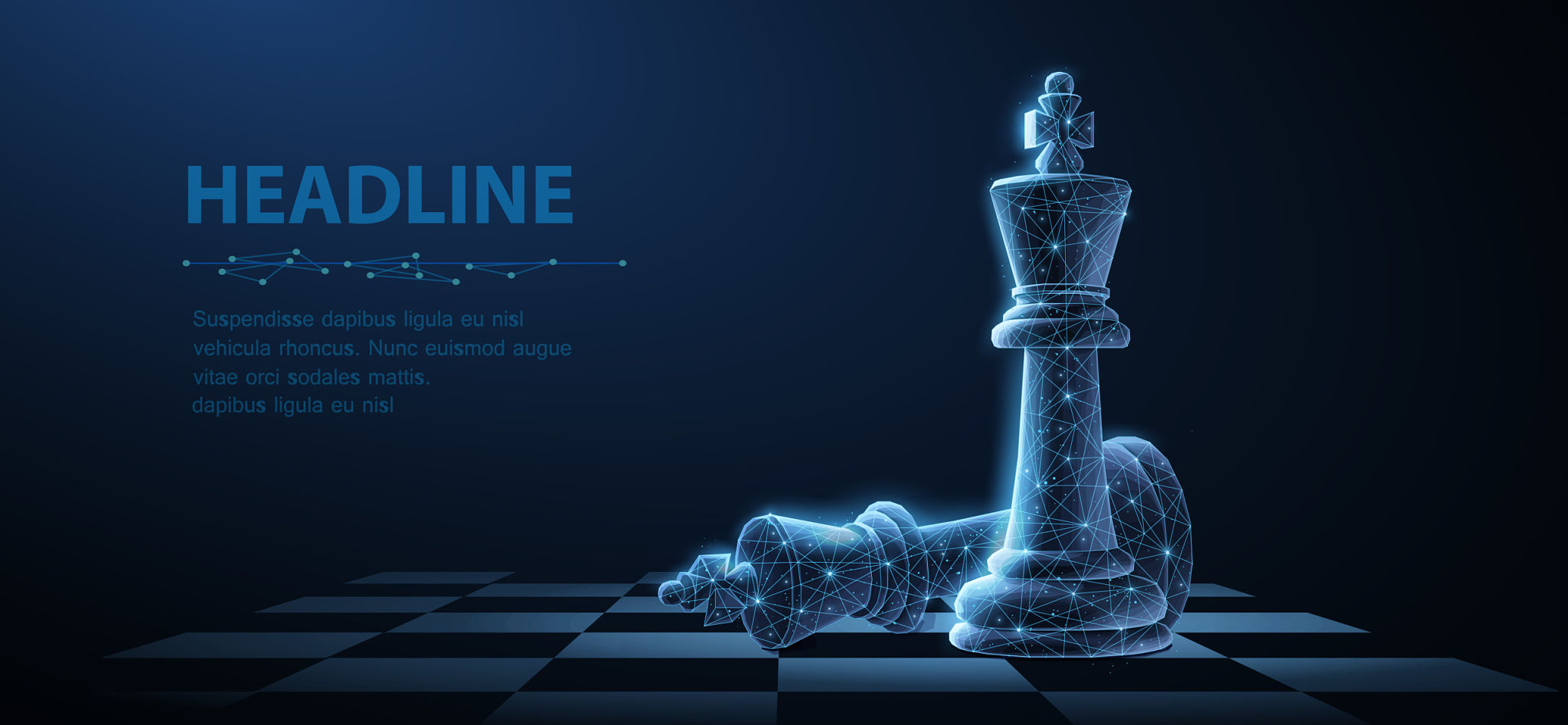Chess Training Strategies for Rapid Improvement: Insights from the Experts
Understanding the Fundamentals
For anyone looking to improve rapidly in chess, grasping the basic principles is essential. This involves mastering the rules, understanding piece values, and familiarizing oneself with common tactics and strategies. Experts often emphasize the importance of knowing openings, middle game principles, and endgame techniques. These foundational elements set the stage for more advanced learning.

Moreover, many seasoned players recommend focusing on pattern recognition. By studying classic games and positions, players can develop an intuitive sense of what works. This ability to recognize patterns will aid in making quick decisions during actual games, a skill crucial for rapid improvement.
Structured Practice Sessions
One of the key insights from chess experts is the importance of structured practice sessions. Rather than playing games randomly, it's beneficial to have a focused approach. Allocate specific times for studying openings, practicing tactics, and reviewing past games. Consistency in practice leads to steady improvement.
Consider using a mix of training methods to keep your brain engaged. For instance, solving puzzles can enhance tactical awareness, while analyzing professional games can teach strategic planning. Balancing these methods can prevent burnout and maintain a high level of motivation.
The Role of Technology
In today's digital age, technology plays a significant role in training strategies. Chess engines and online platforms offer valuable resources for players seeking improvement. These tools can analyze games, suggest optimal moves, and even simulate grandmaster-level play. Utilizing such technology can provide insights into one's weaknesses and areas for growth.

However, it's crucial to use these tools wisely. Over-reliance on engines can hinder the development of independent thinking. Experts suggest using them as complementary tools rather than substitutes for personal analysis.
Learning from the Masters
Another strategy for rapid improvement is studying the games and strategies of chess masters. By analyzing how top players handle different situations, one can gain insights into effective strategies and tactical maneuvers. Many experts recommend focusing on a few key players whose style resonates with you and thoroughly studying their games.
- Choose a player whose style you admire.
- Study their famous games and note key strategies.
- Try to emulate their decision-making process in your own games.
The Importance of Feedback
Feedback is a crucial component of effective training. Engaging with a coach or joining chess clubs can provide valuable insights into your playing style and areas needing improvement. Constructive criticism helps refine skills and fosters a deeper understanding of the game.

Peer reviews also offer a different perspective on your performance. Playing with others and discussing strategies can reveal blind spots and introduce new ideas. This collaborative approach enriches the learning experience and accelerates improvement.
Conclusion: Patience and Persistence
While rapid improvement is achievable, it requires patience and persistence. Chess is a complex game, and progress might not always be linear. Embrace challenges as learning opportunities, and celebrate small victories along the way. By implementing these expert strategies, players can make significant strides in their chess journey.